對話 Dialogue
清清:華華,你聽過「秋茶」嗎?
Q?ngqing: Huahua, n? t?ng guo “qi?cha” ma?
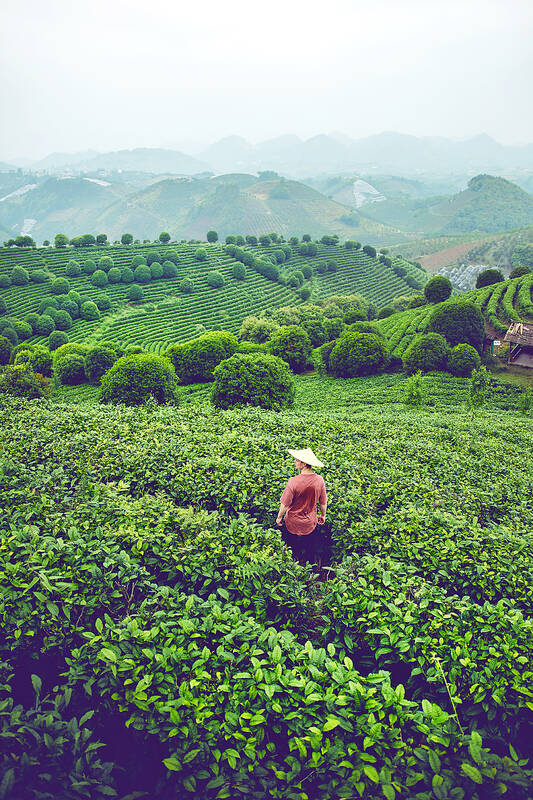
Photo: Unsplash 照片:Unsplash提供
華華:聽過,但我不太清楚是什麼茶。
Huahua: T?ng guo, dan w? bu tai q?ngch? shi shenme cha.
清清:秋茶是秋天採的茶,味道比較香。我聽茶師說過:「春水秋香」,意思是春茶講究茶水的口感,而秋茶則講究香氣,各有特色。
Q?ngqing: Qi?cha shi qi?ti?n c?i de cha, weidao b?jiao xi?ng. W? t?ng chash? shu? guo: “Ch?n shu? qi? xi?ng”, yisi shi ch?ncha ji?ngjiu chashu? de k?ug?n, er qi?cha ze ji?ngjiu xi?ngqi, ge y?u tese.
華華:聽起來很有趣,我喝過不少茶,但還沒採過茶。
Huahua: T?ng q?lai h?n y?uqu, w? h? guo bu sh?o cha, dan hai mei c?i guo cha.
清清:我看網路上有人在辦採茶活動,還可以自己動手做茶葉!不過要三人以上才能成行。
Q?ngqing: W? kan w?nglu shang y?u ren zai ban c?icha huodong, hai k?y? zij? dongsh?u zuo chaye! Buguo yao s?n ren y?shang cai neng chengxing.
華華:哇!感覺很好玩,我們要不要揪朋友一起去?
Huahua: W?! G?njue h?n h?owan, w?men yao buyao ji? pengy?u yiq? qu?
清清:好啊,我來問一下小美和阿全有沒有興趣,我記得他們也喜歡茶。
Q?ngqing: H?o a! W? lai wen yixia Xi?om?i he ? Quan y?u meiy?u xingqu, w? jide t?men y? x?hu?n cha.
華華:那我來查一下活動的時間和地點,再跟你說!
Huahua: Na w? lai cha yixia huodong de shiji?n han didi?n, zai g?n n? shu?.
翻譯 Translation
Qingqing: Huahua, have you heard of “autumn tea”?
Huahua: I’ve heard of it, but I’m not really sure what kind of tea it is.
Qingqing: Autumn tea is picked in the fall, and it has a stronger aroma. I once heard a tea master say, “Spring water, autumn fragrance,” meaning spring tea emphasizes mouthfeel, while autumn tea emphasizes fragrance. Each has its own charm.
Huahua: That sounds interesting. I’ve had lots of tea, but I’ve never picked tea before.
Qingqing: I saw online that there are tea-picking events—you can even make your own tea by hand. But you need at least three people to join.
Huahua: Wow, sounds like fun. Should we ask some friends to come along?
Qingqing: Sure. I’ll check with Xiaomei and Aquan to see if they’re interested. I remember they like tea too.
Huahua: Then I’ll look up the time and place of the event and let you know.
生詞 Vocabulary
1. 茶師 (chash?) tea master
2. 講究 (ji?ngjiu) be particular about;
pay attention to
3. 香氣 (xi?ngqi) fragrance; aroma
4. 採茶 (c?icha) pick tea leaves
5. 動手 (dongsh?u) get to work;
start doing (something)
6. 茶葉 (chaye) tea leaves
7. 成行 (chenghang) become a row; be lined up
8. 查(資料) (cha z?liao) look up (information)
教材音檔 Audio Files
國立清華大學華語中心提供
By National Tsing Hua University Chinese Language Center:
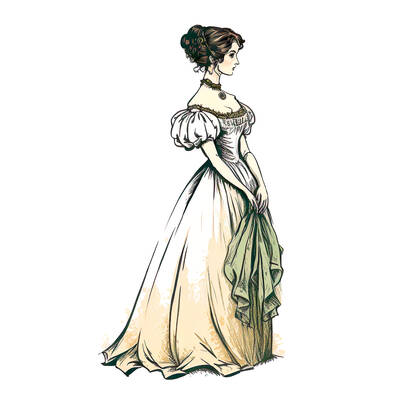
It is a universally acknowledged truth that Jane Austen, born in 1775, is one of the most beloved English novelists, and that her works still inspire readers today. She is renowned for her novels Pride and Prejudice, Emma, and Sense and Sensibility. Her stories often explore themes of love, marriage, and social status in late 18th-century British society and are written with wit and insight. To honor her legacy, the Jane Austen Festival is held every September in Bath, England. She lived there for several years, and the city is depicted in two of her novels. The festival began in 2001
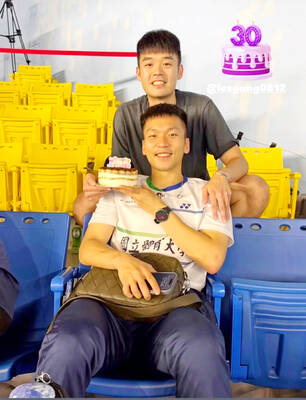
A: The Ministry of Education’s Sports Administration has been upgraded to the Cabinet’s Ministry of Sports, which came into operation on Sept. 9, National Sports Day. B: Yeah, Olympic gold medalist Lee Yang was appointed minister, while baseball superstar Chen Yi-hsin was appointed deputy minister of the Council of Indigenous Peoples. A: Lee won gold in badminton men’s doubles at the 2021 Tokyo Olympics and the 2024 Paris Olympics. Born in 1995, he just turned 30 — that makes him the youngest minister ever. B: In order to serve the country, the news says Lee even gave up commercial
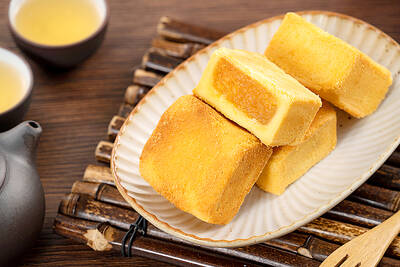
本文由生成式AI協作,本刊編輯編修。 The name of a dish often provides clues about what to expect. Names can paint a vivid picture, but they may also be misleading when they have little to do with what’s actually on the plate. Some people have shared their personal experiences of such dishes on social media. (A) Dolly I’ll never forget the sense of betrayal I felt when I first ate Taiwan’s pineapple cake because there was barely any pineapple inside! When I questioned the store clerk, she explained that early pineapple cakes blended winter melon with pineapple to reduce acidity. Many producers now eliminate the sour fruit entirely
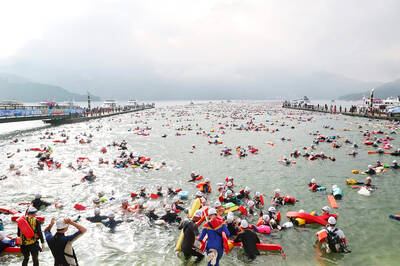
A: According to the Ministry of Sports, 35.3 percent of the Taiwanese exercise regularly in line with the “7-3-3-3” principle. B: The “7-3-3-3” principle? A: It means exercising more than three times a week, for over 30 minutes each time – with a heart rate of 130bpm, sweating and breathing heavily during exercise. B: I go swimming at least three times a week. I’m even going to the 2025 Sun Moon Lake International Swimming Carnival in Nantou next Sunday. A: Wow, you’re such a fitness enthusiast. I’ll go cheer you on, then. A: 根據運動部的「7-3-3-3」原則,台灣人規律運動比例達35.3%。 B: 什麼是「7-3-3-3」原則?